Loading People
We couldn't find anybody who matched your criteria
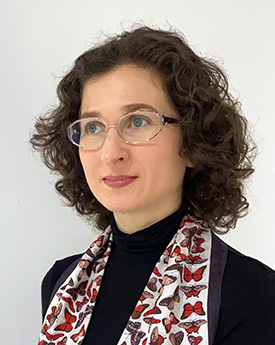
Dr Oksana Afitska
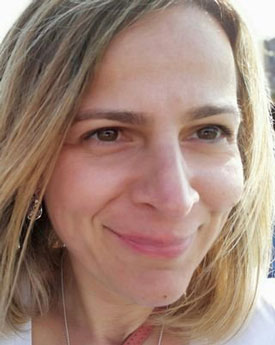
Dr Dimitrinka Atanasova

Professor Paul Baker
I have supervised PhD students on the following topics:
Construction of Islam in the BBC sitcom Citizen Khan
Metrosexuality in Malaysia
Discourses of infertility in blogs, news and clinic websites
Representation of dialect in fiction
Children's books containing same-sex parent families
Language around schizophrenia in the British press
Previous PhDs I have supervised include:
A corpus-based examination of the concept of political correctness in British broadsheet newspapers
The language of marriage rituals in Botswana
Combining corpus approaches and CDA to examine discourses of terrorism in the British and Chinese popular press
Combining corpus approaches and CDA to examine discourses of homophobia in a right-wing political organisation
A corpus study to compare lexical bundle use of Chinese learners of English with native speakers of English
A corpus study of keywords to examine gender identity in British and Malaysian children's writing
The construction of gender identity in Iranian bloggers
A corpus-based comparison of two academic books about Wahhabi Islam

Professor Silke Brandt
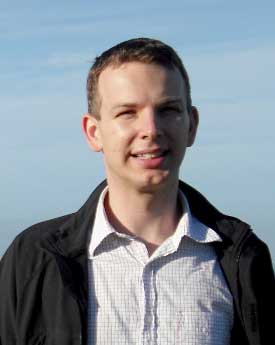
Professor Vaclav Brezina
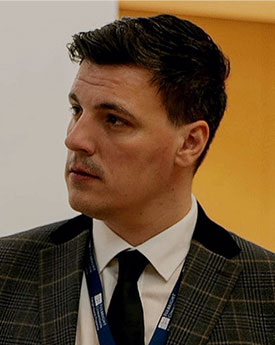
Dr Gavin Brookes

Professor Tineke Brunfaut
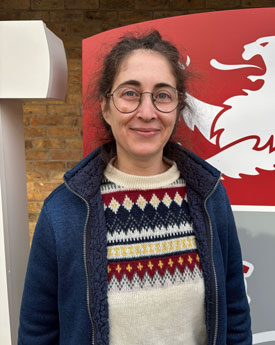
Dr Aina Casaponsa

Professor Jonathan Culpeper
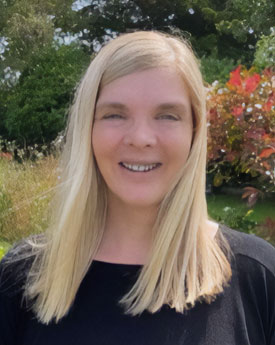
Professor Lauren Devine
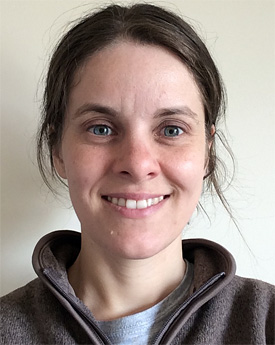
Dr Dana Gablasova

Professor Claire Hardaker

Dr Andrew Hardie
I am willing to consider PhD applications in areas coherent with my research interests. I am especially eager to supervise students in the following two areas:
- The development of new corpus-based methods, or the extension of existing methodologies;
- The application of these methods in different areas of the humanities and social sciences.
I am also interested to supervise projects that extend established corpus methods to "new" languages - non-European languages and minority languages in particular - especially with regard to topics in descriptive or theoretical grammar.
Please refer to the indicative list of topics studied by my current and previous PhD supervisees available elsewhere in my profile.

Professor Luke Harding

Professor Christopher Hart

Dr Sam Kirkham

Professor Judit Kormos

Dr Justin Lo

Dr Sebastian Muth

Professor Claire Nance
I welcome PhD applications in sociophonetics, bilingualism, phonetics, minority languages, north-west Englishes, prosody and minority languages.

Professor Uta Papen
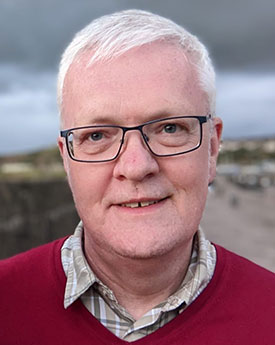
Dr John Pill
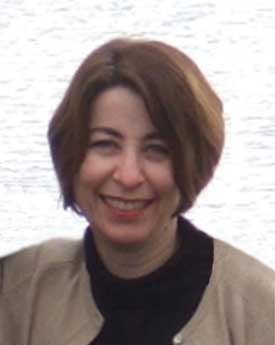
Dr Diane Potts
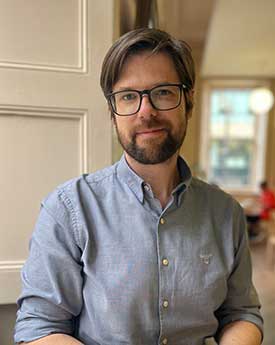
Professor Patrick Rebuschat
My research looks at the following six questions, so I am interested in supervising projects on the following:
1. What role do individual differences (e.g., working memory, intelligence, etc.) play in implicit and explicit learning?
2. How does explicit knowledge affect implicit learning?
3. What is the role of frequency in language acquisition?
4. What is the nature of the (implicit) learning mechanism?
5. How do we measure implicit and explicit knowledge?
6. How are implicit and explicit knowledge represented in the mind and, ultimately, the brain?

Professor Elena Semino

Professor Beatrice Szczepek Reed
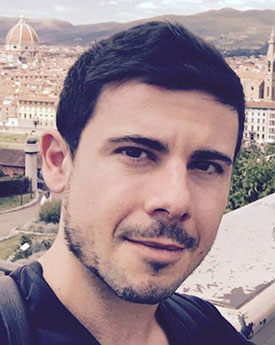
Dr Vittorio Tantucci

Professor Karin Tusting
I am interested in supervising doctoral students working in literacy studies, including workplace literacies, academic literacies, audit cultures and accountability, digital literacy practices, literacy practices in religious communities, and adult literacy; linguistic ethnography; communities of practice and situated learning; institutional ethnography; and discourse analysis.

Dr Johann Unger

